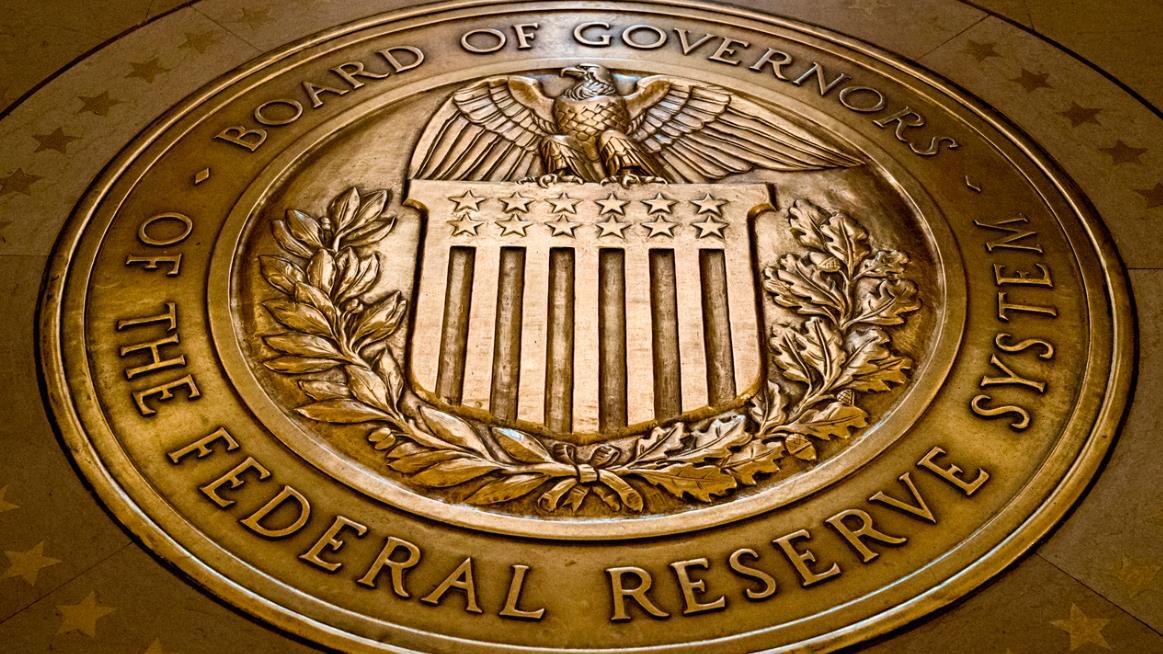What a Fed rate cut means for car shoppers
The U.S. auto market is unlikely to see a major uptick in sales from the Federal Reserve's decision on Wednesday to cut interest rates, according to industry experts, but consumers may benefit slightly
The central bank trimmed its benchmark interest rate by 25 basis points to a range of 1.75 percent to 2 percent at the conclusion of its regular two-day policy meeting. Auto loan rates often, but not always, move in tandem with the federal funds rate, since borrowing money becomes less expensive.
A cut would relieve some pressure on auto dealers, who rely on credit to finance vehicles in their inventory, and provide car customers with lower monthly payments on new-car loans, according to Zo Rahim, a research manager for Cox Automotive Economic and Industry Insights. With new vehicle prices at all-time highs, though, the impact of a quarter-point cut be small.
“Since auto rates are not the only thing that impacts consumers’ ability to buy a new vehicle, it is tough to see a robust move up in consumer demand" with one more cut, Rahim said. “Incentives, average transaction prices, and credit availability impact vehicle shoppers in addition to rates. Further cuts could provide some relief to budgets for both new and used vehicle shoppers, but in aggregate, it is tough to see a material pickup in demand for new vehicles at this point.”
The average 60-month interest rate for a new car loan was 4.62 percent as of Sept. 11, according to Bankrate data. That figure marks a slight decrease from July, when the Fed lowered interest rates for the first time since the 2008 financial crisis.
“If anyone is considering buying, it would help them get a slightly better rate, but you’re not seeing that much [of a difference] in a monthly payment," with 25 basis-point cuts, according to automotive expert Lauren Fix. "It may be enough to incentivize a sale, but it may not be enough to make a huge difference.”
August was a strong month for U.S. auto sales, which rose 6.5 percent to 1.59 million, according to Cox Automotive data, though seasonal adjustments suggested slowing demand for vehicles. Faced with fully stocked car lots, auto dealers have relied heavily on sales incentives to close deals and clear their inventories.
Cox Automotive chief economist Jonathan Smoke addressed the possibility of further Fed rate cuts in a July 31 blog post, noting that they might lower costs for dealerships and make it easier for manufacturers to offer incentives, but were unlikely to boost overall sales.
“Even if auto-loan rates were to come down marginally, the prospective new-vehicle buyer is still contending with the most expensive vehicles ever sold,” Smoke said. Demand is likely to increase only through help from lenders controlled by the automakers themselves coupled with higher purchase incentives that lead to markedly lower payments, he added.
CLICK HERE TO READ MORE ON FOX BUSINESS




















